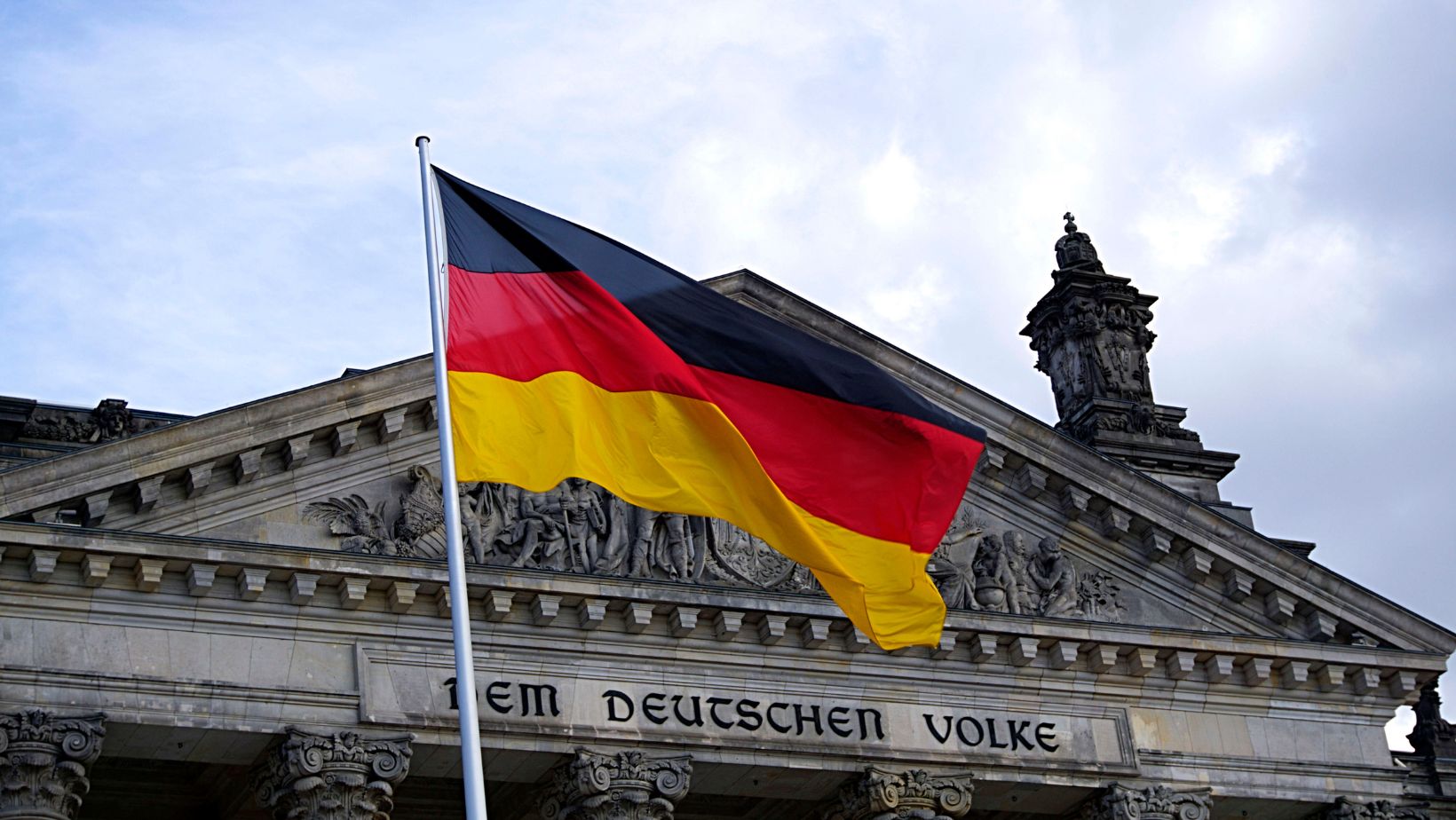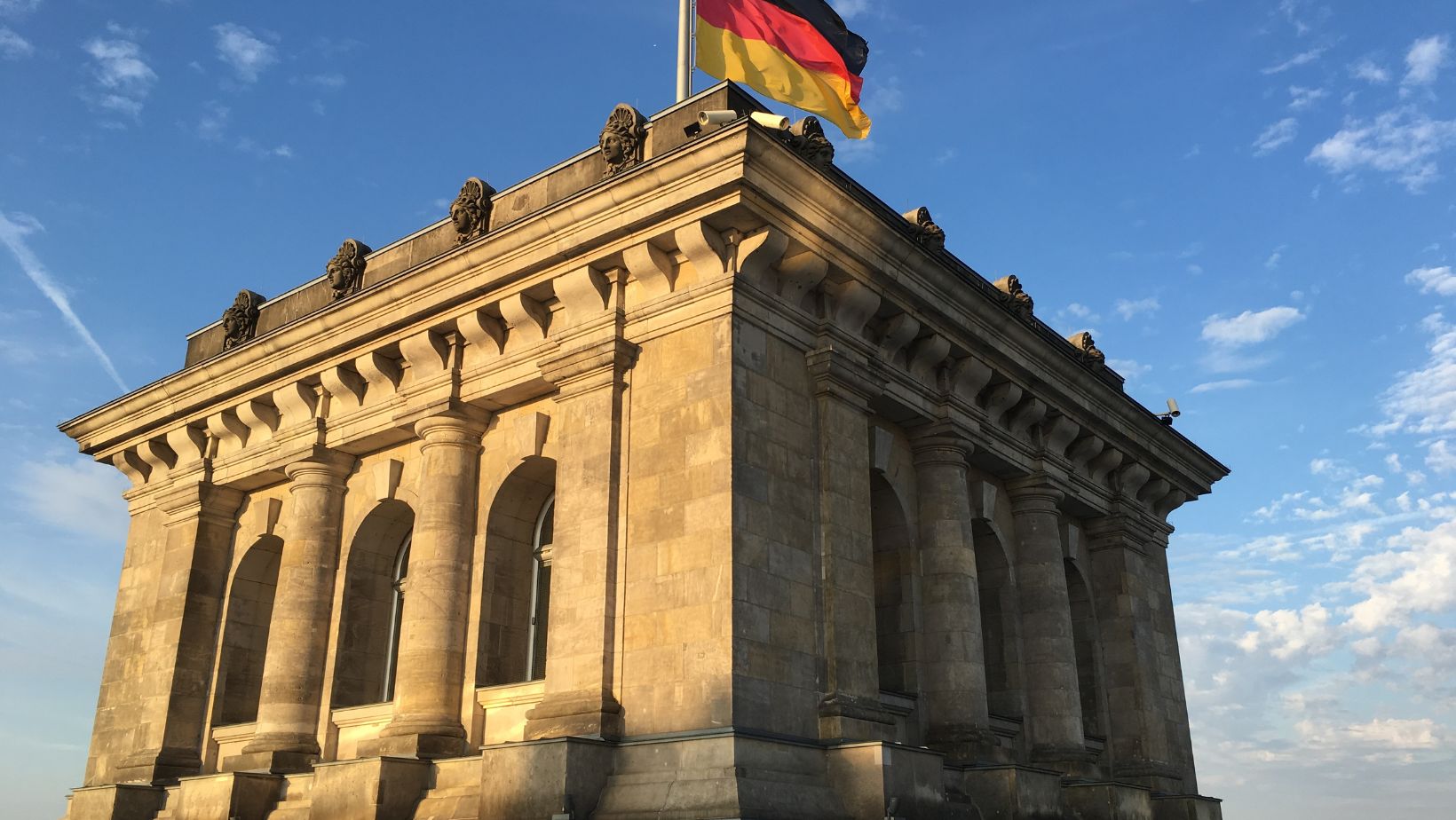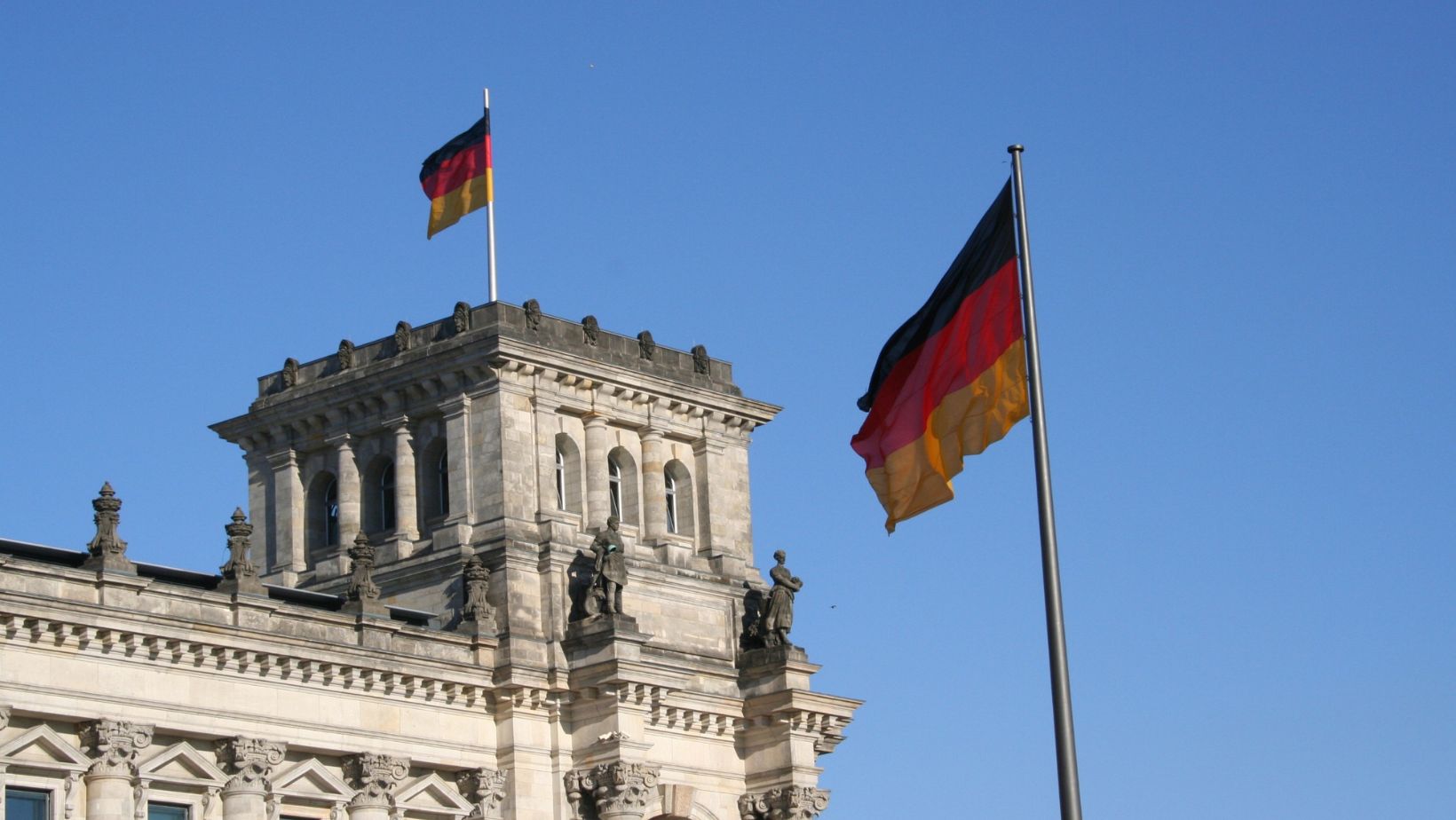
Spring (March to May)
Pros:
- Milder Weather: Spring marks the end of winter’s chill, with temperatures averaging between 10°C to 18°C, perfect for outdoor explorations.
- Fewer Crowds: Major tourist attractions and cities are quieter than the busy summer months.
- Blooming Landscapes: Cherry blossoms in cities like Bonn, vibrant gardens in Berlin’s Tiergarten, and lush greenery at Neuschwanstein Castle make for stunning scenery.
- Spring Festivals: Events like Spargelfest celebrate asparagus season, giving travelers a taste of German culinary traditions.
Cons:
- Unpredictable Weather: Spring weather in Germany can be inconsistent, with occasional rain showers and temperature fluctuations.
- Limited Mountain Access: Snow may still linger in higher-altitude areas, limiting hiking opportunities in the Alps.
- Packing Challenges: Bring layers, waterproof jackets, and sturdy shoes to handle changing conditions.

Summer (June to August)
Pros:
- Warm Weather: With temperatures ranging from 20°C to 30°C, summer is perfect for outdoor activities, beer gardens, and exploring cities.
- Festivals and Events: Germany’s vibrant summer festivals, such as Berlin Pride, music concerts, and local fairs, create an infectious energy.
- Beautiful Nature: The Bavarian Alps offer excellent hiking opportunities, while Lake Constance and the Baltic Sea coast provide stunning beach escapes.
- Longer Days: Extended daylight hours mean more time for sightseeing, road trips, and evening strolls in cities like Munich or Hamburg.
Cons:
- Tourist Crowds: Summer is Germany’s peak tourist season, so popular landmarks, castles, and cities can get crowded.
- Higher Prices: Flights, accommodations, and tours are more expensive during these months.
- Occasional Heatwaves: While summer is mostly pleasant, heatwaves can make cities like Berlin and Frankfurt feel stifling.
Autumn (September to November)
Pros:
- Breathtaking Scenery: The fall foliage turns Germany’s forests and countryside into vibrant shades of red, orange, and gold, making it perfect for photographers and nature lovers.
- Wine Festivals: The Rhine Valley and Moselle regions host wine harvest festivals, allowing visitors to enjoy local wines and vineyard tours.
- Fewer Crowds: As summer ends, tourist numbers drop significantly, offering a quieter experience at popular destinations.
- Oktoberfest: This iconic Bavarian beer festival in Munich (late September to early October) is a highlight for travelers.
Cons:
- Cooler Temperatures: While the weather is generally pleasant, temperatures begin to drop, especially in November, with averages ranging between 10°C to 15°C.
- Rain Showers: Autumn weather can be unpredictable, with occasional rain dampening outdoor activities.
- Shorter Days: The days gradually get shorter, limiting sightseeing time.
Winter (December to February)
Pros:
- Magical Christmas Markets: Germany’s Christmas markets, like those in Nuremberg, Cologne, and Dresden, create a festive atmosphere with twinkling lights, mulled wine, and handmade crafts.
- Snow-Covered Landscapes: Regions like the Bavarian Alps and the Black Forest transform into winter wonderlands, perfect for skiing and snowboarding.
- Fewer Tourists: Winter sees fewer international visitors outside of the Christmas season, making it a quieter time to explore cities and historical sites.
- Cozy Atmosphere: Enjoy warm German dishes like sausages, sauerkraut, and pretzels in charming indoor taverns and cafes.
Cons:
- Cold Weather: Temperatures often drop below freezing, especially in the mountains and northern regions.
- Short Days: Limited daylight means less time for sightseeing, with the sun setting as early as 4 PM.
- Snow Disruptions: Snowfall occasionally delays transportation, particularly in rural areas or higher altitudes.

Final Thoughts
Germany is a destination that shines in every season, offering unique experiences for every kind of traveler. Whether you prefer spring’s blooming landscapes, summer’s vibrant festivals, autumn’s golden vineyards, or winter’s festive markets, each season has pros and cons. You’ll enjoy a seamless and unforgettable journey through this incredible country by choosing the right time for your interests and staying connected with a German prepaid eSIM. No matter when you visit, Germany’s beauty and charm await exploring.



